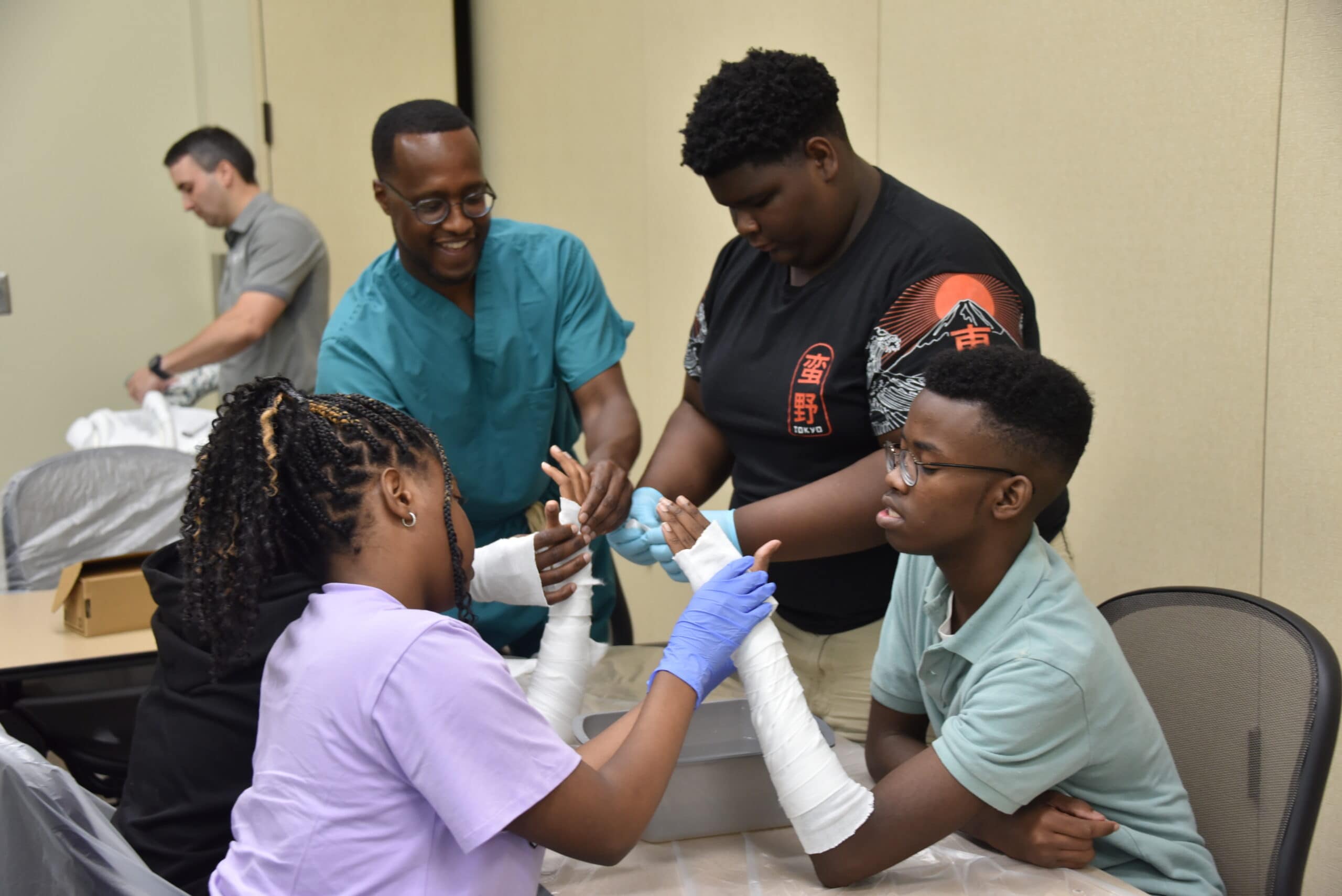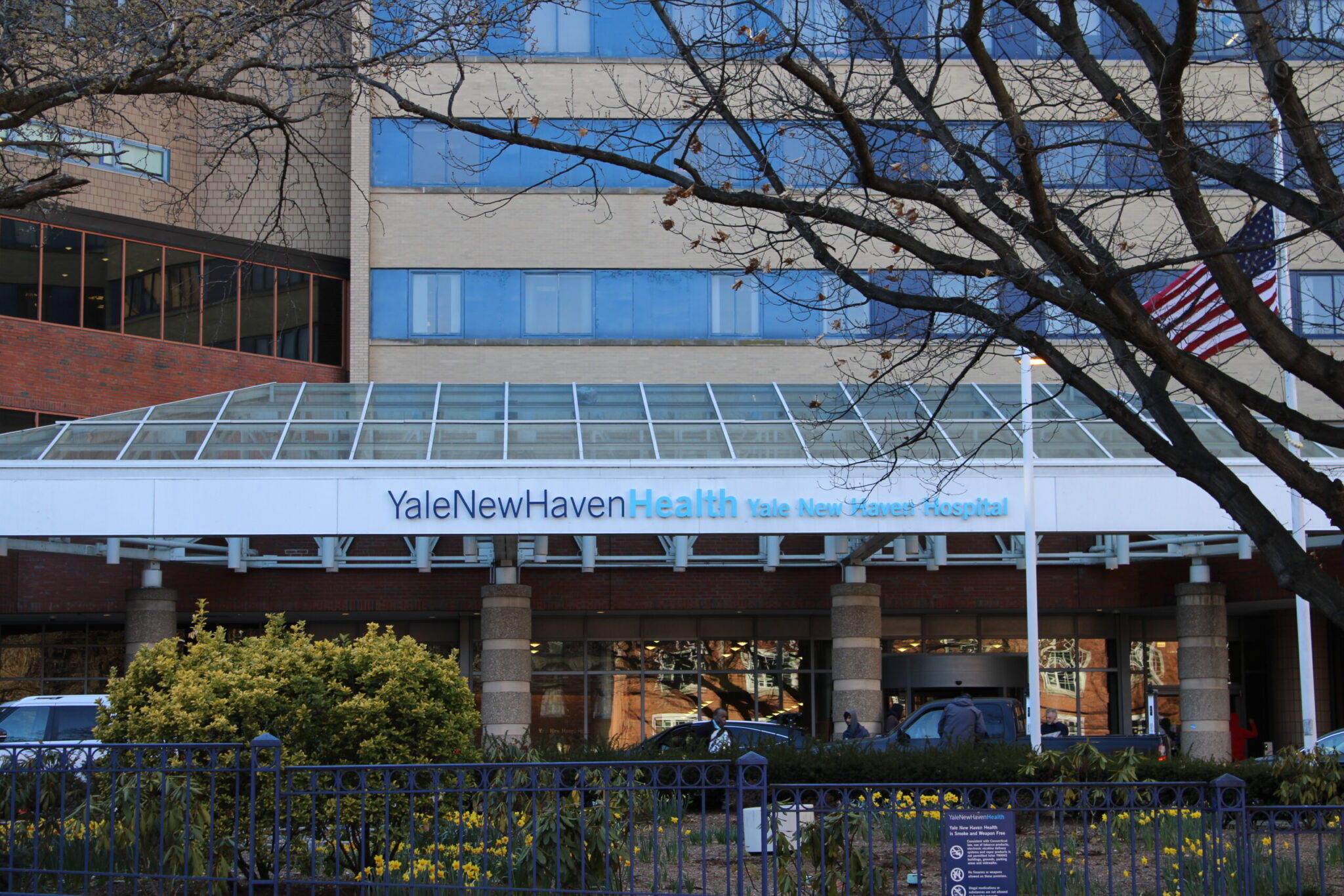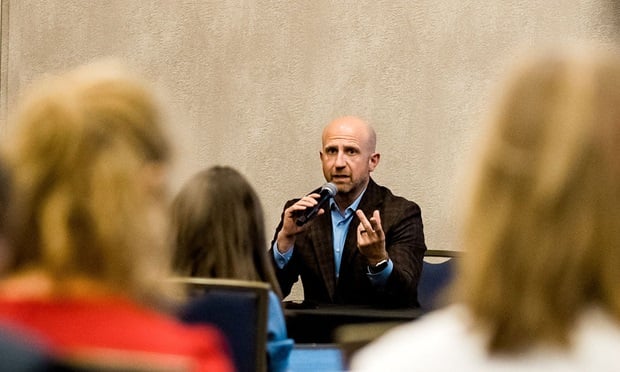CAMEROON
![]()
Cameroon’s higher education and health authorities have decried the exodus of young graduates in the medical field to countries in the developed world – a situation that has put the country’s health sector at peril due to a shortage of highly skilled professionals.
According to Dr Manaouda Malachie, Cameroon’s minister of public health, there is a demand for health personnel in most parts of the country despites thousands of medical students graduating annually. The situation is alarming, necessitating urgent measures to halt the brain drain, he said.
“Many of our young graduate doctors are migrating to seek better work and financial incentives elsewhere, leaving our healthcare services in a predicament,” Malachie said in an address to health workers earlier in January.
He called for a halt to the crisis.
According to a report of the ministry of public health, about 30,000 healthcare practitioners are needed in Cameroon to align with the World Health Organization’s recommendation of one doctor to 10,000 people.
The report puts Cameroon’s current doctor-patient ratio at one doctor per 50,000 persons. It blames the shortage on the massive number of Cameroonian doctors who have been forced to travel abroad to seek better employment.
Greener pastures
Higher education authorities have repeatedly condemned the disappearance of young medical graduates.
Presiding over the graduation of some 600 medical doctors from the University of Yaoundé 1 at the end of last year, Professor Jacques Fame Ndongo, the minister of higher education, said statistics show that one-third of every graduating batch of young doctors abandon their jobs for greener pastures abroad no sooner have they begun work. He called on the graduates to show a sense of patriotism by serving their country with love and dedication.
“The country is in need of your services. I enjoin you not to follow in the footsteps of those who have abandoned their country to look for greener pastures elsewhere,” he told graduates.
This call was echoed by Dr Rodolphe Fonkoua, formerly a board member of the Cameroon Medical Council (CMC), and the newly elected council president.
“As professionals, we are called to respect medical ethics and laws related to medical professions, to serve selflessly and uphold professional standards. Abandoning service in your country after training should be discouraged,” Fonkoua said at the end of an extraordinary elective general meeting on 10 December 2023.
But, medical students in training say there’s a likelihood the trend will continue because of the absence of an enabling working environment.
Improved conditions of service
“The government needs to improve on salaries of medical doctors and other health personnel as well as the working conditions. What they are paid is not compatible with their working hours or risks,” Rose Egbe, a third-year medical student at the school of medical and health sciences at the Catholic University in Bamenda, told University World News.
Austerity economic measures adopted by the Cameroon government in 1992 imposed by Bretton Woods Institutions (IMF-World Bank) led to the slashing of civil servants’ salaries by more than 70% on two occasions.
Following those salary cuts, medical doctors in Cameroon’s civil service today earn less than CFA300,000 (about US$495) a month while their colleagues in some African countries earn twice and even three times that much, Egbe says.
Another medical student also expressed the wish to further his studies to specialise abroad upon graduation.
“The absence of specialised training in specific fields is likely to take some of us out of the country for further studies upon graduating,” Julius Epie of the University of Buea medical school told University World News.
However, he said that many students in training hoping to go abroad would change their minds if improvements were made in the health sector in Cameroon.
“The earlier the government addresses the woes in the health service sector, the better,” he added.
Relevant health education
Health experts say universities offering health training programmes and curricula need to update to become relevant and to reflect advances in health professional education.
“Medical training schools – in Cameroon, in particular, and Africa, in general – need to work in collaboration with experts elsewhere, especially from developed countries, to be informed about innovations in research and new technology. This will enable students in training to get the skills needed and they will not need to look elsewhere,” Dr Nick Ngwanyam, the director of the St Louis University Institute for Health and Biomedical Sciences, told University World News.
The difficulty in training and retaining skilled health workers is one of the main obstacles to improving healthcare access and outcomes in Sub-Saharan Africa, he said.
An article appearing in the Journal of Human Ecology in April 2021 indicated that the brain drain phenomenon in Cameroon, as in other African countries, is not only limited to the medical field, but cuts across higher education.
“The brain drain deprives universities of highly skilled professionals, who seek employment elsewhere although they have the potential to contribute to the development of the economy through involvement in the local higher education system,” the report said.
It called on state authorities to give universities and other higher education institutions the authority to manage their own training, recruitment and promotion processes to encourage competition, boost output and reputation, and curb the brain drain.
However, on a more hopeful note, higher education officials in Cameroon have announced more investments in the training of health personnel in the country.
According the minister of higher education, six state universities offer medical training for doctors and about 20 professional training centres provide training for medical staff (nurses, higher diploma nurses, laboratory technicians, and so on).
Private universities and professional training centres are also flooding major towns in the country, he said.
“The state will continue to invest to improve on the training in quality and quantity of health personnel,” Fame Ndongo said.
Support for young doctors
As part of the strategy by the Medical Council to curb the brain drain, Fonkoua said he plans to establish a permanent information unit for young doctors within the CMC secretariat that will permit young graduates to have access to useful data and career-building opportunities within the country.
Additionally, he aims to introduce lectures on ethics at the conclusion of the medical training cycle. Drawing from his experience as the former medical director of the Koumassi clinic in Douala, he said that he is also committed to creating a career profile for doctors and to provide legal assistance to colleagues facing assaults in the line of duty, or legal challenges.
He also proposes the regular organisation of Cameroon medical days and pledges to encourage healthcare professionals to engage in continuous education.
“The acquisition, maintenance, update, improvement and deepening of professional skills and ethical standards in the practice of medicine is imperative,” he emphasised.
Health experts say the government, alone, cannot provide the full training opportunities in the medical field. They emphasise the need for public and private partnerships and, especially, investments in the private sector.
Quality training at home
“We need specialised training in the health sector in the sub-region. The Magrabi Cameroon ICO Eye Institute, the first eye care centre with sub-specialities in the Central African sub-region, is a typical example,” Dr Henry Nkumbe, CEO of the hospital’s training unit, told University World News.
Some training courses have also been conducted for ophthalmologists and allied personnel, with more than 200 eye care professionals from 12 African countries, Cameroon included, trained since the institute officially opened in 2017.
“We are working hand in glove with the government as well as other experts on the continent to ensure quality training and providing quality eye-care services in the sub-region,” Nkumbe said.
The institute provides practical and advanced training, with French and English as the mediums of instruction, not only in comprehensive eyecare (clinical, surgical, community) but also for entire eye-care teams. Ophthalmologists and orthoptists, as well as operating theatre nurses and community eye nurses, are trained, and education is provided also in non-medical areas such as leadership, management, communication, advocacy, teamwork, social and community marketing – all of which are essential in current medical practice, especially in Africa, Nkumbe told University World News.
“Once we are endowed with such quality specialised healthcare services in Africa, our students will have no reason to go searching for skills elsewhere,” he said.







